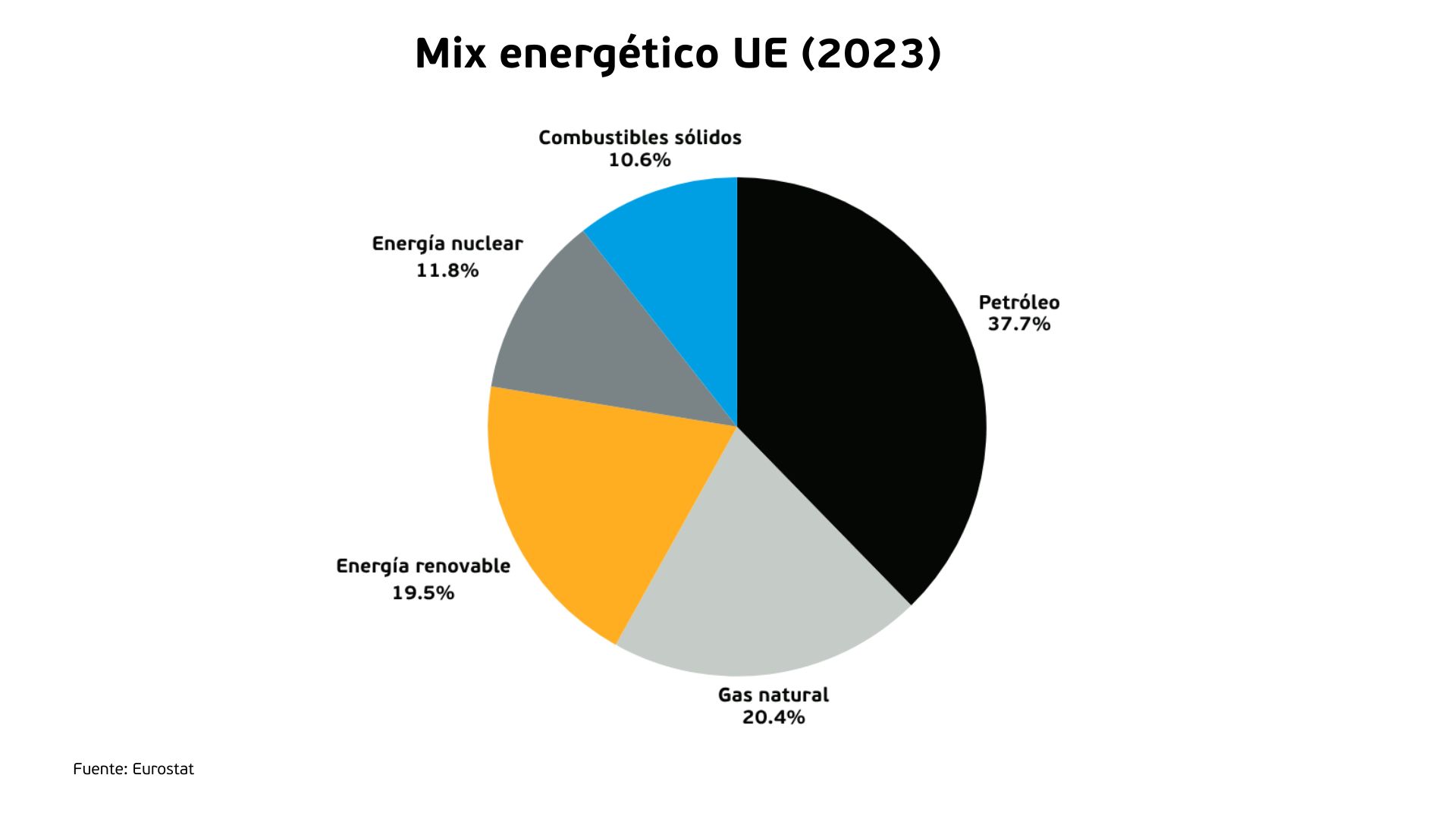What role do renewables play in the future of energy?
In a society increasingly committed to caring for the planet and combating climate change, renewable energy is the solution to the major energy challenges we face.
Fossil fuels will eventually run out and pollution will reach its highest levels ever, so we must consume more sustainable and less polluting energy sources. renewable energies They are the best option, they are inexhaustible sources that have a significantly lower environmental impact compared to fossil fuelsFurthermore, thanks to technological advances in the sector, renewable energy is becoming increasingly efficient and affordable for the population.
In addition to the best-known renewable sources such as solar, wind, and hydropower, there are other, lesser-known renewable sources that contribute to reducing greenhouse gas emissions and advancing the fight against climate change. Do you know them all?
What types of renewable energy exist?
Solar energy
Solar energy is obtained from the radiation from the sun and is one of the most abundant renewable sources. There are two types of solar energy: photovoltaic solar energy and the solar thermal energy. The first transforms sunlight into electricity through photovoltaic solar panels, while the second uses solar collectors to heat a fluid, which can be used for heating or generating electricity.
Wind power
It is obtained from the wind, the kinetic energy of moving air masses is transformed into electricity by wind turbines. Depending on the location of the wind farms, there are two types: onshore wind energy (on-shore) and offshore wind energy (off-shore).
Hydraulic energy
Hydraulic or hydroelectric energy is obtained from moving waterThe potential energy of water stored in reservoirs or rivers is harnessed to generate electricity using hydraulic turbines.
Tidal and wave energy
They are types of energy from the sea, also called ocean energies. tidal energy takes advantage of the movement of the tides to generate electricity while, wave energy take advantage of the movement of the waves.
Geothermal energy
It is obtained from the use of the Earth's internal heat. It takes advantage of the heat energy of the planet to generate electricity, heating, and cooling. The main limitation of this energy source is that currently, only a small portion of the planet's geothermal resources are accessible with existing technology and economic viability.
Biomass
It consists of the use of organic matter such as: agricultural and forestry waste, manure, agri-food waste, crops and also the organic matter that we humans generate to produce thermal, electrical or biofuel energy, depending on the processes and materials used.
Hgreen hydrogen as an energy vector
Although hydrogen itself is not a primary source of energy nor is it renewable, it can act as an energy vector, that is, as an energy "carrier." Only if hydrogen is produced by electrolysis of water using renewable electricity is its production emission-free and is it considered renewable energy, better known as renewable energy. “green hydrogen”.
But where does the energy we consume come from and how is it generated?
Despite the various renewable sources available, most of the energy consumed in Europe is still generated from fossil fuels, specifically from oil and its derivatives.
According to data from Eurostat corresponding to the year 2023 published in your article “Shedding light on energy in Europe – 2025 edition”, The European Union produced 42% of the energy consumed while the remaining 58% was imported from other countries, a fact that inevitably leads us to reflect on Europe's high energy dependence. In 2023, the United States was the main supplier of oil and its derivatives, Norway of gas, and Australia of solid fuels.
The combination of different energy sources used to meet the energy needs of a geographical area, such as a country or a region, is called mix energetic. In this case, the mix The EU energy deficit is mainly composed of five energy sources: Oil (37.7%), natural gas (20.4%), renewable energy (19.5%), nuclear energy (11.8%) and solid fuels (10.6%).

It is important to highlight that the mixes Energy consumption varies considerably between countries, with Iceland (83.3%), Norway (56.3) and Sweden (50.2%) having the highest share of renewable energy compared to Cyprus (86.3%), Malta (85.6%) and Luxembourg (61.1%), where the highest share of renewable energy is mix energy corresponds to petroleum and its derivatives.
The share of renewable energy has increased significantly in recent years thanks to the emission reduction targets set by the EU. In 2023, 46% of the energy produced in the EU was from renewable sources. In Spain, this figure rose to 56.8% in 2024. which has meant a growth of 10.3% in renewables compared to the previous year, according to data published by Electricity Grid.
Audax and renewable energies
As a sign of its commitment to the energy transition and the fight against climate change, Audax Renewable develops, builds, and operates its own renewable energy facilities, specifically wind farms and solar plants. Since 2020,The company has invested nearly 200 million euros in generation projects with a dual objective: to strengthen its role as an independent producer of renewable energy and to contribute to reducing emissions in the energy sector.
It currently has a portfolio of renewable generation projects in different European markets and in different phases of development and operation that have a installed capacity of 955 MW.
The future of energy is in everyone's hands
Audax encourages its customers, suppliers, and stakeholders to consume electricity from renewable sources instead of energy generated from fossil fuels, convinced that it is the most sustainable alternative for reducing greenhouse gas emissions into the atmosphere. The company, in addition to offering customers the option of using renewable energy, also provides advice and solutions for their needs. energy efficiency focused on reducing energy consumption and also the bill.
At Audax, we firmly believe that the future of energy depends not only on big decisions, but also on small, everyday actions. Every time you choose renewable energyYou're investing in a cleaner, less polluted planet. The energy transition isn't an option; it's a shared responsibility to care for our planet, and at Audax, we want to lead the way alongside you.
Are you joining the change?




